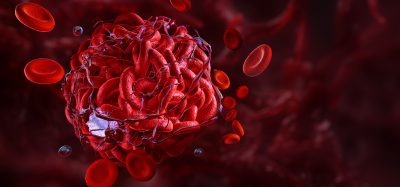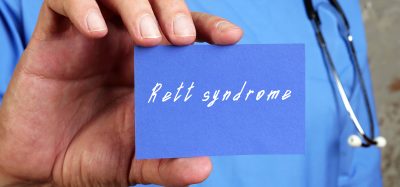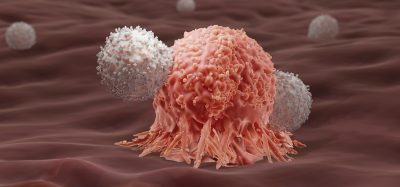Ultra-powerful brain scanners offer hope for treating cognitive symptoms in Parkinson’s disease
Posted: 31 May 2022 | Nic Losardo (Drug Target Review) | No comments yet
Ultra-powerful 7T MRI scanners could be used to help identify those patients with Parkinson’s disease and similar conditions most likely to benefit from new treatments for previously untreatable symptoms.
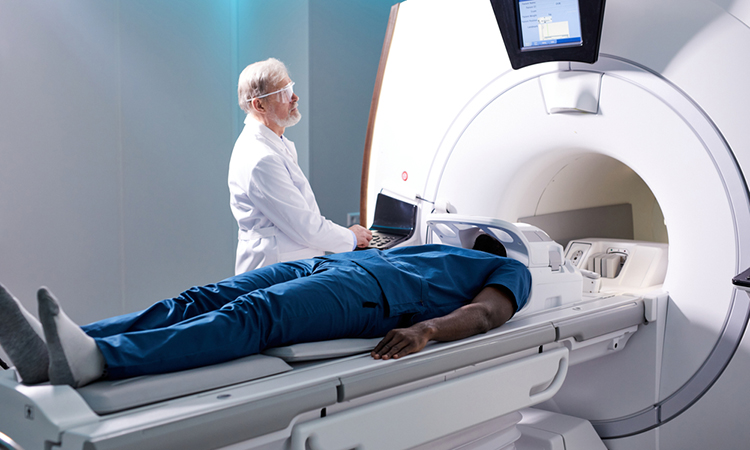

To understand the causes of cognitive symptoms of Parkinson’s disease and progressive supranuclear palsy (PSP), researchers at the University of Cambridge, UK, used a new ultra-high strength ‘7T’ magnetic resonance images (MRI) scanner at the Wolfson Brain Imaging Centre to measure changes in the brains of people with Parkinson’s disease, PSP, or in good health. 7T refers to the strength of the magnetic field; most MRI scanners tend to be 3T or below. The research was recently published in Movement Disorders.
Patients with Parkinson’s disease and PSP are often treated with drugs such as L-DOPA, which compensate for the severe loss of dopamine. But dopamine treatment does little for many of the non-motor symptoms. Therefore, scientists have been investigating the potentials of noradrenaline, a chemical that plays a critical role in brain functions including attention and arousal, thinking and motivation.
A previous study from the researchers, examining brains donated to the Cambridge Brain Bank, found that some people with PSP had lost as much as 90 percent of the noradrenaline-producing locus coeruleus. Now the team aim to research how they can study this region in patients who are alive.
While most MRI scanners can show structures at the level of detail of a grain of rice, 7T scanners, which have ultra-strong magnetic fields, can provide resolution at the size of a grain of sand. The scanners allowed the team to examine the locus coeruleus of their subjects and confirm that the greater the level of damage to this region, the more severe their symptoms of apathy and the worse they performed at cognitive tests.
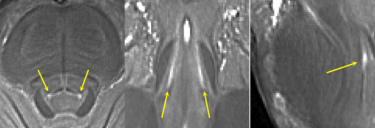

Locus coeruleus as observed in a 7T MRI scanner
[Credit: University of Cambridge].
The findings offer the hope of new treatments for these symptoms. Several drugs that boost noradrenaline have already been through clinical trials for other conditions and hence have been shown to be safe and well tolerated. Professor Rowe and colleagues are now leading a clinical trial at Cambridge University Hospitals NHS Foundation Trust to see if these drugs alleviate symptoms in PSP.
“The ultra-powerful 7T scanner may help us identify those patients who we think will benefit the most. This will be important for the success of the clinical trial, and, if the drugs are effective, will mean we know which patients to give the treatment to. In the long term, this will prove more cost-effective than giving noradrenaline boosters to patients who ultimately would see no benefit,” concluded joint first author, Dr Rong Ye.
Related topics
Disease Research, Magnetic resonance images (MRI), Neurosciences, Therapeutics
Related conditions
Parkinson's disease, Progressive supranuclear palsy
Related organisations
University of Cambridge
Related people
Dr Rong Ye



